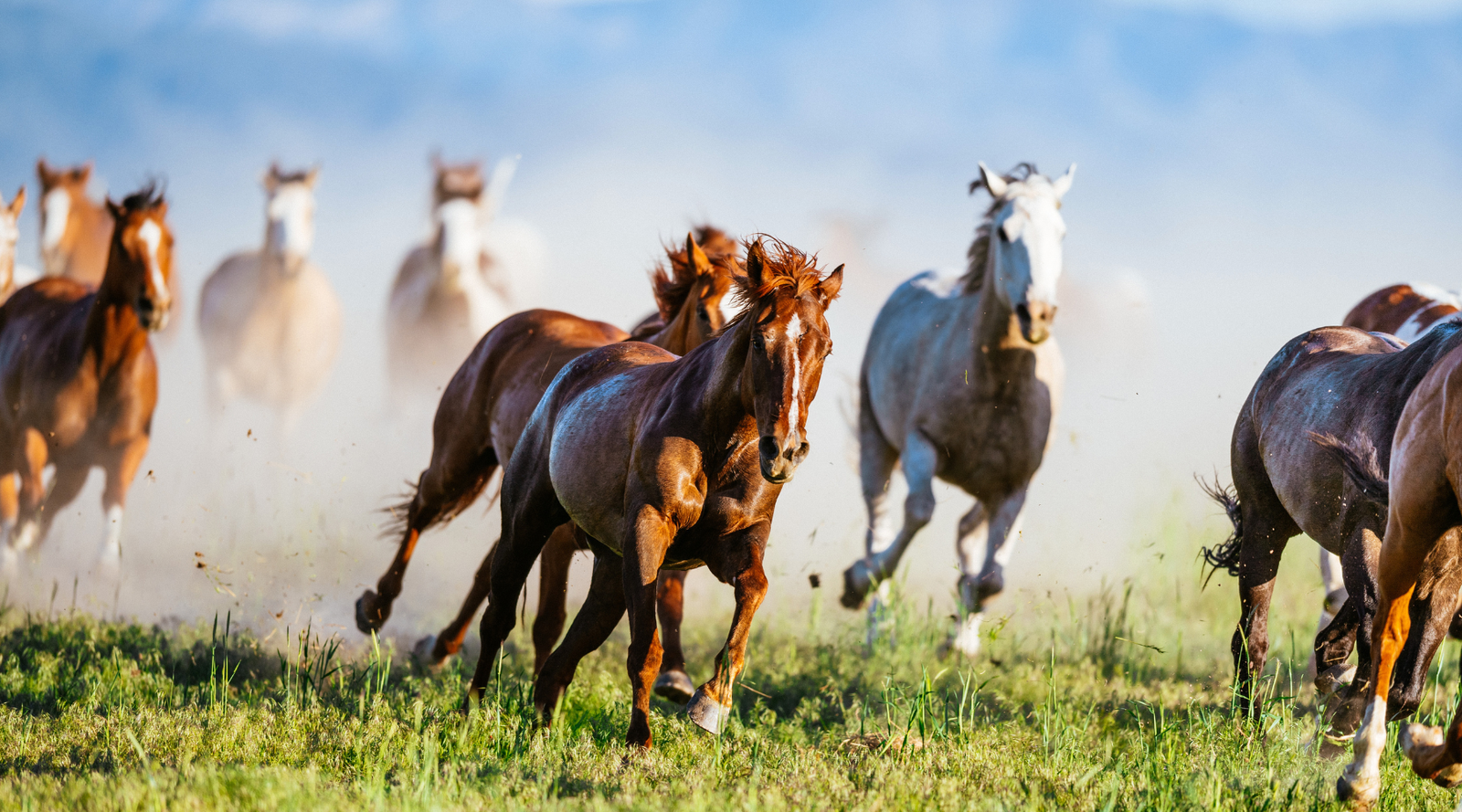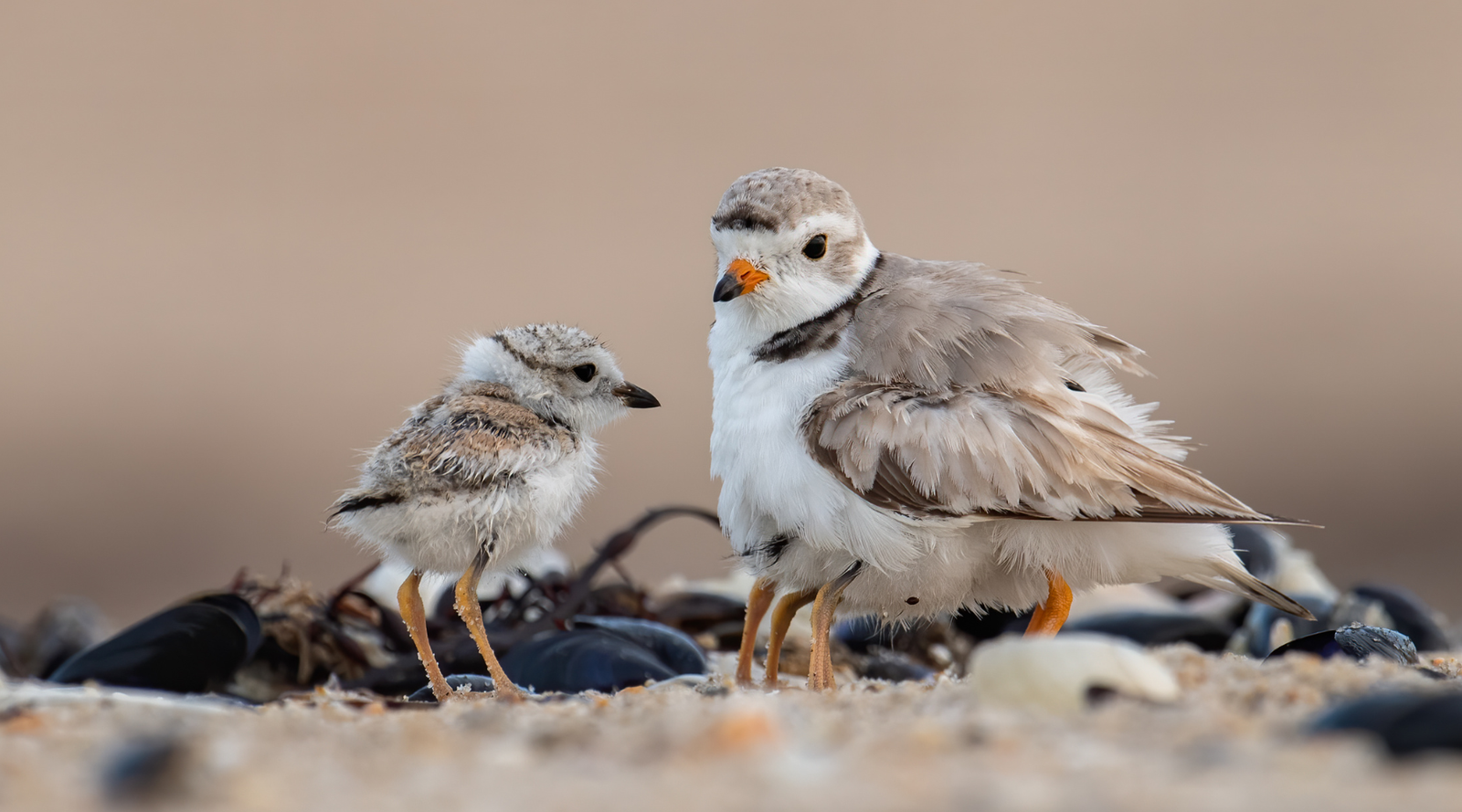Celebrating World Wetlands Day
Taking place every year on February 2nd, World Wetlands Day helps to emphasise the significance of these waterlogged wonders, and the need for their conservation. Find out more about this day and why wetlands are so important below.

What is World Wetlands Day?
World Wetlands Day is a global initiative that sheds light on the importance of wetlands and their significant role in the overall health of our planet. It's celebrated on February 2nd each year to mark the anniversary of the Ramsar Convention on Wetlands, signed in 1971.
The Importance of Wetlands
Wetlands play a crucial role in maintaining biodiversity, regulating water flow, and providing numerous ecosystem services.
Wildlife Habitats
Wetlands are home to a diverse array of plant and animal species, in fact, 40 per cent of all plant and animal species globally live or breed in wetlands. From amphibians and fish to migratory birds, these ecosystems provide a rich tapestry of life. Many species rely on wetlands for breeding, feeding, and shelter, including a variety of endangered species such as whooping cranes, manatees, and bog turtles.
Water Purification
Wetlands are often referred to as the "kidneys of the earth" because of their ability to filter pollutants from the water flowing through them.
Acting as natural water filters, wetlands help purify water by trapping pollutants and sediments. The vegetation in wetlands absorbs excess nutrients, helping to maintain water quality. This process is vital for both aquatic ecosystems and human communities downstream.
Flood Control
Wetlands provide natural flood control, which is essential for safeguarding communities and infrastructure. They can absorb excess water during heavy rainfall and release it slowly over time, reducing the risk of downstream flooding and helping to maintain the availability of water in streams during periods of no rainfall.
Carbon Stores
Wetlands are effective carbon sinks, sequestering large amounts of carbon dioxide from the atmosphere, which helps mitigate the impacts of climate change by reducing greenhouse gas levels. Conserving wetlands is crucial in the fight against global warming.
Livelihoods and the Economy
It's not just nature that relies on wetlands - more than a billion people globally depend on them for their livelihoods, which equates to around 1 in 8 people.

Threats Facing Wetlands
According to the United Nations, wetlands are Earth's most threatened ecosystem, disappearing 3 times faster than forests. Wetlands face numerous threats, including:
Habitat Destruction
Urbanization, agriculture, and infrastructure development often lead to the draining and conversion of wetlands. This habitat loss disrupts ecosystems and threatens the survival of many species.
Pollution
Industrial discharges, agricultural runoff, and improper waste disposal can introduce pollutants into wetland environments, compromising water quality and harming resident species.
Climate Change
Rising temperatures, altered precipitation patterns, and sea-level rise pose significant challenges to wetland ecosystems. Changes in climate can disrupt the delicate balance within these habitats, leading to loss of biodiversity and habitat degradation.

Why is World Wetlands Day Important?
Efforts to conserve and restore wetlands are critical for maintaining their ecological functions. World Wetlands Day helps to raise awareness about the value of wetlands. Highlighting the importance of these ecosystems fosters a sense of responsibility and encourages sustainable practices.
We're joining the mission to share the word about the importance of wetlands! You can get involved by spreading awareness with friends and family and with the wider community via social media.
For World Wetlands Day, we celebrate the importance of these remarkable ecosystems and understand the urgent need to protect them. By recognizing the vital role wetlands play, we can work together to raise awareness.
















Leave a comment (all fields required)